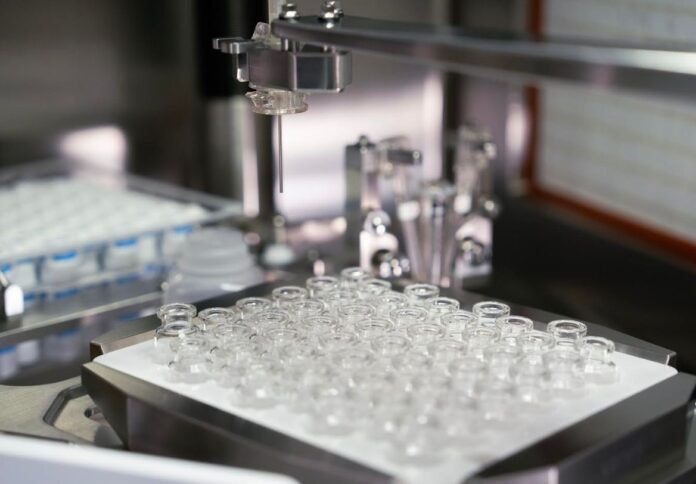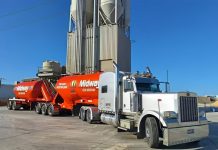
PCI Pharma Services, a global contract development and manufacturing organisation, has deployed new automated sterile fill-finish machines at Melbourne and San Diego facilities.
Provided by Cytiva, the new equipment can be used to fill various sterile medications into vials and syringes for small-to-mid-scale client needs.
The new machinery will be integrated with PCI’s end-to-end services to accelerate Speed to Study, significantly decreasing the average turnaround time from proposal signing to the injectable product’s distribution, PCI said in a media statement.
“Our increased capacity, stockpile of standardised components, including glass, and technical expertise means we can start running batches as soon as needed. This will cut down on the wait times many pharmaceutical companies are facing and begin to help alleviate the global capacity shortage for sterile drug product and downstream packaging,” PCI Chief Operating Officer Brad Payne explained.
PCI’s new Microcell Vial Filler in Melbourne improves the early-stage services the company offers and brings additional capacity to Australia.
Meanwhile, the company’s Micrcell Vial Filler and SA25 Aseptic Filling Workcell at the San Diego facility are intended to ensure the delivery of medicines from Phase 1 through Phase 3, supporting local and global clinical client needs.
The new sterile fill-finish machines leverage automation that significantly accelerates the filling process and removes the need for human intervention in a sterile environment.
“There are less barriers to entry to start a clinical trial in Australia, as well as significant cost benefits, and with Melbourne being an especially popular place to conduct phase I trials, we knew we needed to bring this capability and added capacity to the local market,” said Tim Roberts, chief commercial officer at PCI.
“With successful recent inspections at our Bedford facility by the Brazilian (ANVISA) and Japanese (PDMA) regulatory authorities, our global reach to supply life-changing therapies to patients quickly and safely is wider than before,” Roberts added.




















